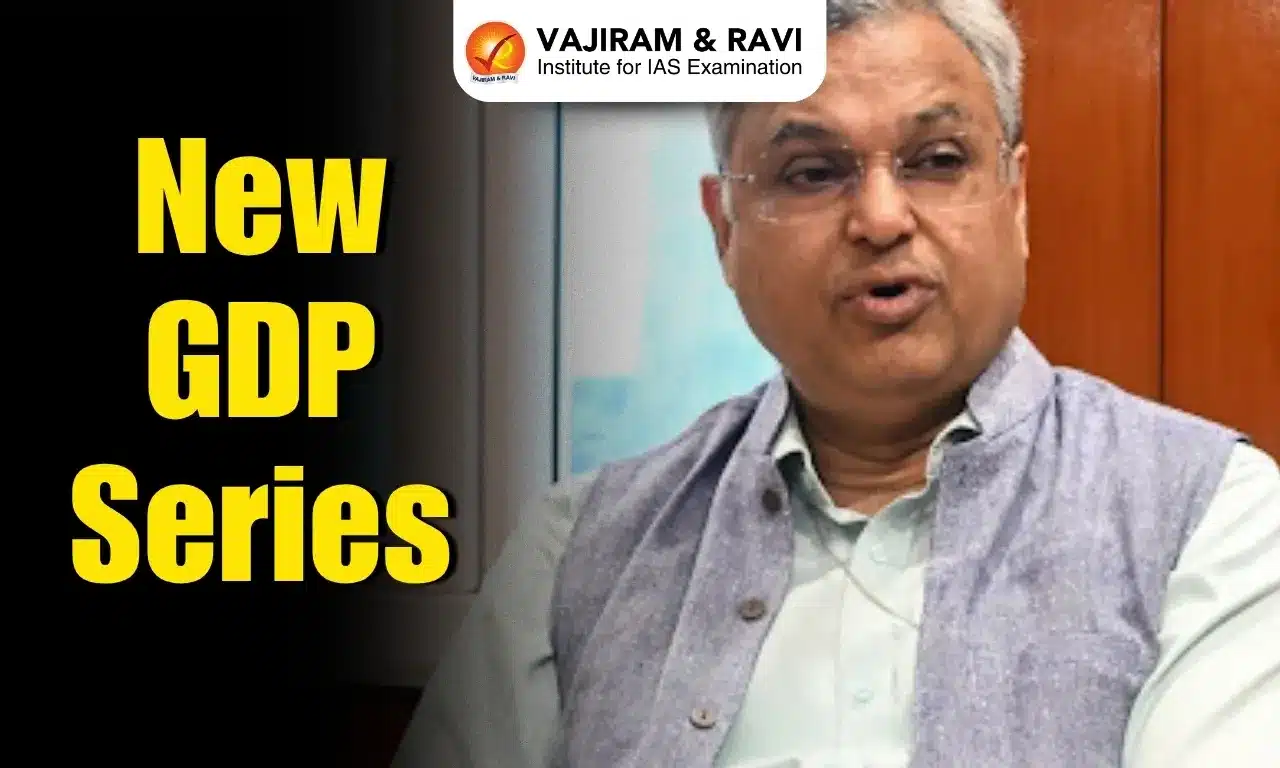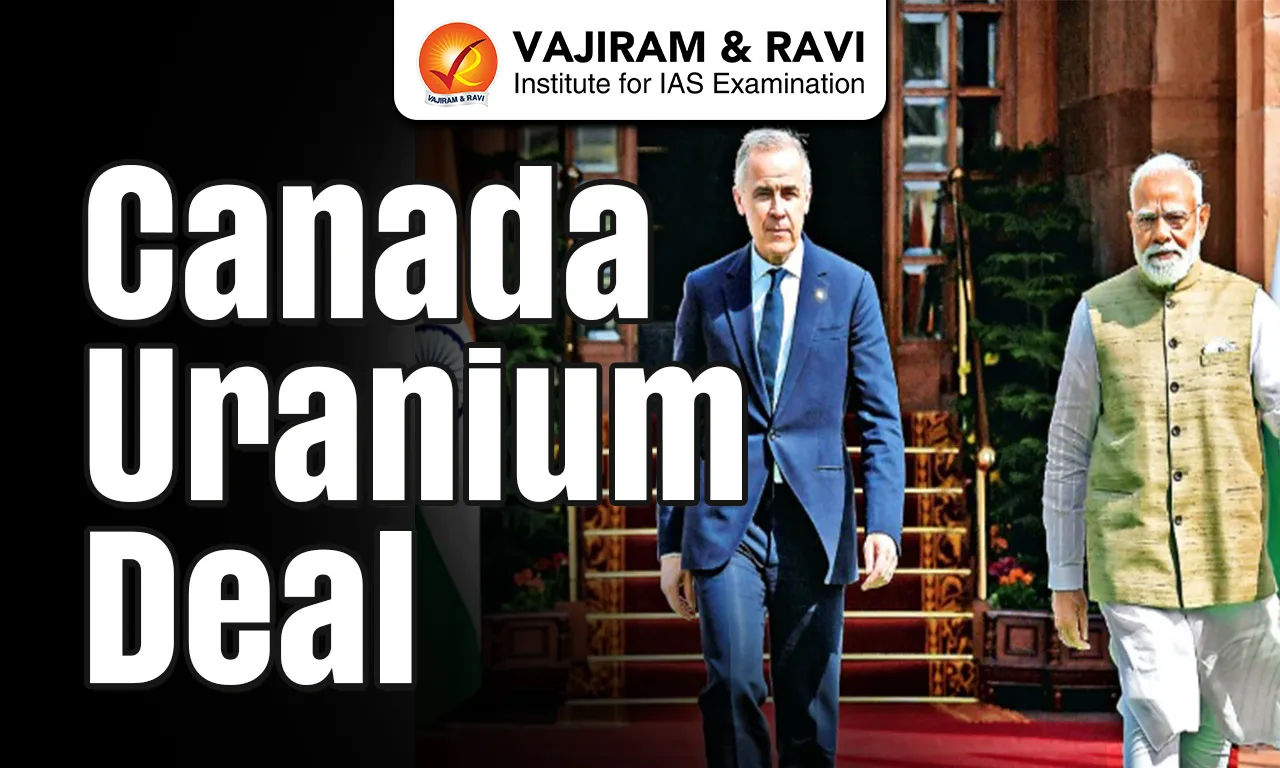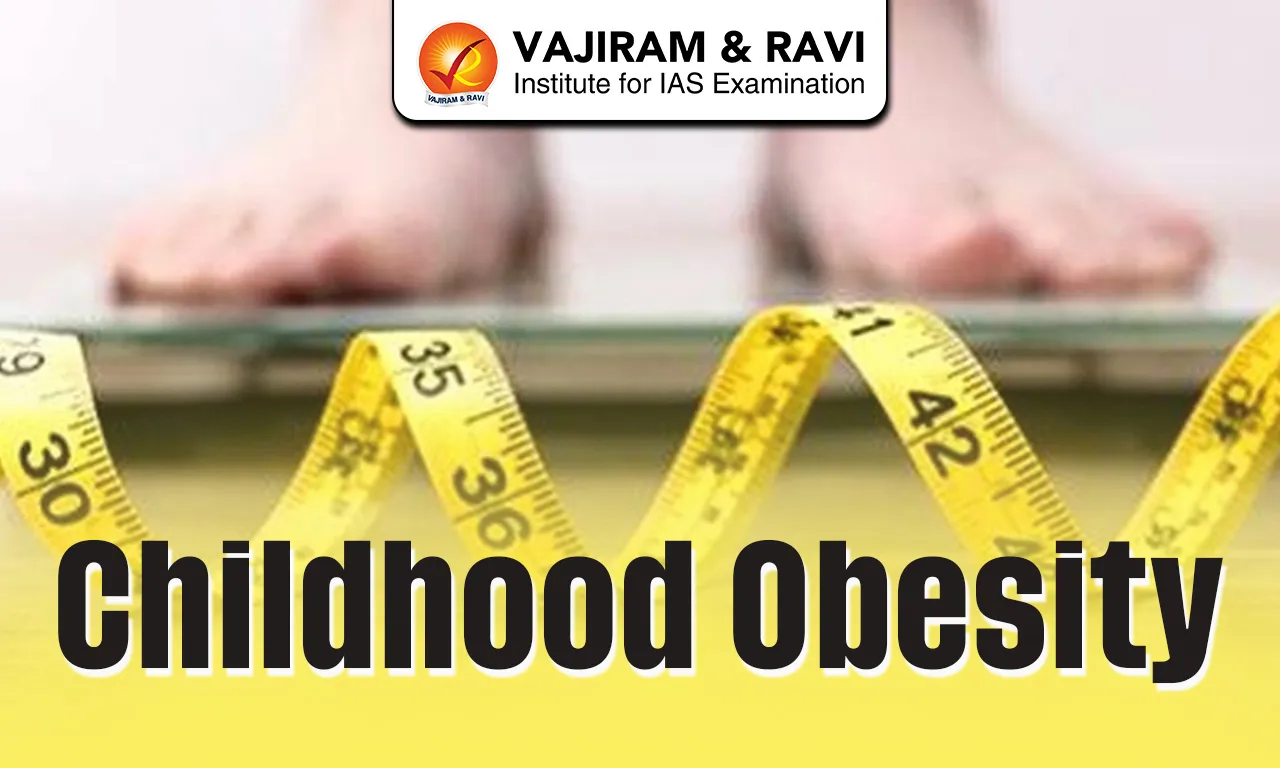PMGSY QR Code Tracking Latest News
The Union Ministry of Rural Development has directed states to add QR codes to maintenance display boards on all PMGSY roads to enhance transparency and ease of tracking maintenance details.
About Prime Minister Gram Sadak Yojana (PMGSY)
The Pradhan Mantri Gram Sadak Yojana (PMGSY) is a rural road development programme launched on December 25, 2000, under the then government led by Atal Bihari Vajpayee to improve rural connectivity through all-weather roads.
Phases of PMGSY
- Phase I (2000): Focused on connecting rural habitations with all-weather roads.
- Phase II (2013): Strengthened existing road networks.
- RCPLWEA (2016): Special component targeting Left Wing Extremism (LWE)-affected areas.
- Phase III (2019): Emphasized consolidation of existing networks.
- Phase IV (2024):
- Approved on September 11, 2024.
- Aims to connect 25,000 unconnected habitations based on population criteria: 500+ in plains; 250+ in NE/hill states and special areas; 100+ in LWE-affected areas.
- Target: 62,500 km of roads
- Timeline: 2024–25 to 2028–29
Funding Pattern
Initially a Centrally Sponsored Scheme, the cost-sharing was revised in 2015–16 to 60:40 between Centre and states (except NE and Himalayan states, which follow a different ratio).
Achievements So Far (as per the information available on the dashboard)
Since the scheme was launched, a total road length of 8,36,850 km has been sanctioned, of which 7,81,209 km has been completed.
QR Codes on PMGSY Road Maintenance Boards
The National Rural Infrastructure Development Agency (NRIDA), under the MoRD, has directed all states to install QR codes on PMGSY road maintenance boards.
Purpose of QR Codes
The primary objective is to gather public feedback on the quality and upkeep of rural roads, which was previously missing in the monitoring process.
Current Maintenance System: e-MARG
-
e-MARG (electronic Maintenance of Rural Roads) is a mobile-cum-web-based e-governance system for tracking maintenance.
-
After construction, roads are maintained by the contractor for five years.
-
Contractors submit bills on e-MARG for maintenance work.
Monitoring and Evaluation Process
- Field engineering staff conduct Routine Inspections (RI).
- Geo-tagged photographs are taken and uploaded.
- Performance Evaluation (PE) is based on 12 parameters of routine maintenance.
- State governments are responsible for overall rural road maintenance since it is a state subject.
Role of National Level Monitors (NLMs)
- NRIDA sends NLMs to inspect road construction quality.
- Past NLM reports have highlighted substandard work under PMGSY.
Need for Public Feedback
While technical checks exist, no mechanism was in place to capture citizen feedback—a gap that the QR code initiative now aims to fill.
Working of New QR Code System
- A dedicated utility in the eMARG platform has been created to generate unique QR codes for each PMGSY road, which will be displayed on the maintenance information boards.
- Citizen Engagement Through QR Codes
- Any road user can scan the QR code using a smartphone.
- Upon scanning, users can:
- Access complete road details
- Upload photos highlighting maintenance issues
- Submit feedback through a feedback window
- Instructions will be available in English and the local language for wider accessibility.
Integration with Inspection and Evaluation
- Citizens’ photos and feedback will be integrated with the relevant Routine Inspections (RI).
- These inputs will assist in Performance Evaluation (PE) using AI and Machine Learning.
- Program implementation units must cross-verify citizen photos before finalising PE marks.
Enhancing Transparency and Accountability
- The initiative aims to increase public participation in road upkeep.
- It will support engineering staff in making realistic evaluations.
- Overall, the system makes eMARG more transparent and participatory, ensuring better maintenance during the mandated 5-year post-construction period.
Last updated on March, 2026
→ UPSC Notification 2026 is now out on the official website at upsconline.nic.in.
→ UPSC IFoS Notification 2026 is now out on the official website at upsconline.nic.in.
→ UPSC Calendar 2026 has been released.
→ UPSC Final Result 2025 is expected to be released soon.
→ Check out the latest UPSC Syllabus 2026 here.
→ Join Vajiram & Ravi’s Interview Guidance Programme for expert help to crack your final UPSC stage.
→ UPSC Mains Result 2025 is now out.
→ UPSC Prelims 2026 will be conducted on 24th May, 2026 & UPSC Mains 2026 will be conducted on 21st August 2026.
→ The UPSC Selection Process is of 3 stages-Prelims, Mains and Interview.
→ Prepare effectively with Vajiram & Ravi’s UPSC Prelims Test Series 2026 featuring full-length mock tests, detailed solutions, and performance analysis.
→ Enroll in Vajiram & Ravi’s UPSC Mains Test Series 2026 for structured answer writing practice, expert evaluation, and exam-oriented feedback.
→ Join Vajiram & Ravi’s Best UPSC Mentorship Program for personalized guidance, strategy planning, and one-to-one support from experienced mentors.
→ Check UPSC Marksheet 2024 Here.
→ UPSC Toppers List 2024 is released now. Shakti Dubey is UPSC AIR 1 2024 Topper.
→ Also check Best UPSC Coaching in India
PMGSY QR Code Tracking FAQs
Q1. What is the PMGSY scheme? +
Q2. Why are QR codes being used on PMGSY roads? +
Q3. How does eMARG work in road maintenance? +
Q4. What role does AI/ML play in this system? +
Q5. How does this benefit rural infrastructure?+
Tags: mains articles pmgsy qr code tracking upsc current affairs upsc mains current affairs

















